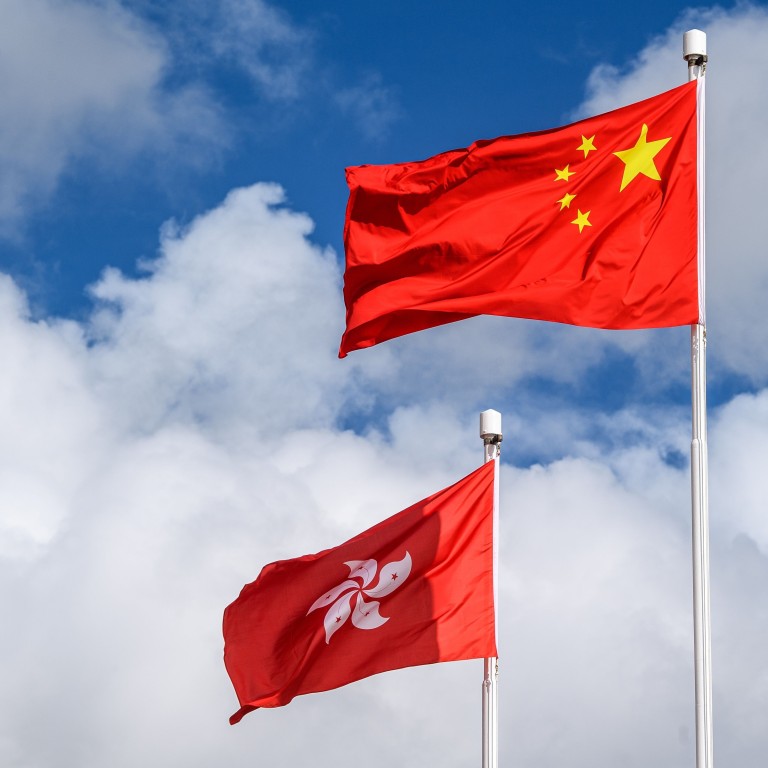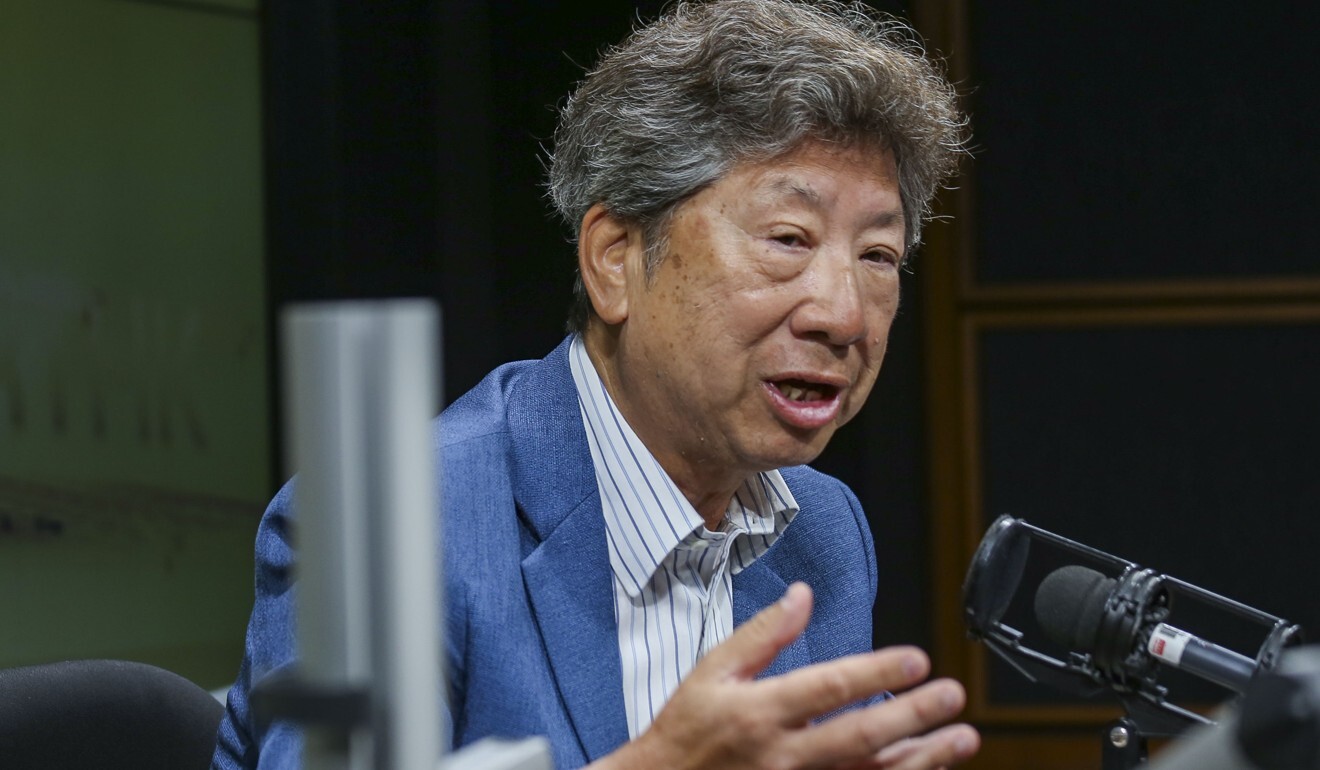
National security law: top Hong Kong officials slam US sanctions, citing ‘double standards’ and vowing to resist American domination
- Cabinet adviser to city leader, chief secretary and finance minister renew criticisms, vowing to stand behind Beijing’s retaliation
- Exco member Ronny Tong says foreign jurisdictions have no reason to suspend extradition deals, expressing confidence in city’s judicial independence
Hong Kong executive councillor Ronny Tong Ka-wah, an adviser in the city leader’s cabinet, on Sunday hit out at the US and other foreign countries for planning to suspend extradition treaties with Hong Kong, insisting that the city’s judiciary remained independent under the national security law.
To suspend such arrangements would be allowing politics to override justice
His comments followed Beijing’s pledge on Wednesday to retaliate tit-for-tat, after US President Donald Trump signed an executive order ending Hong Kong’s preferential trading status. The US also set up a law to penalise mainland Chinese and local officials deemed to have been involved in eroding the city’s freedoms, as well as to suspend extradition arrangements with Hong Kong.

Speaking on a radio programme, Tong suggested that the suspension of extradition treaties showed that some foreign politicians saw the new law as a death knell for the city’s judicial independence. Under the legislation, Hong Kong’s leader can designate a group of judges to oversee national security cases.
“Under our agreements, people would only be extradited over criminal offences, not political crimes … To suspend such arrangements would be allowing politics to override justice,” Tong said.

05:50
What you should know about China's new national security law for Hong Kong
Britain’s top judge Robert Reed, president of the British Supreme Court and a non-permanent judge in Hong Kong’s Court of Final Appeal, recently voiced concerns over Beijing’ national security law for Hong Kong.
Legal experts see pitfalls in long arm of Hong Kong’s national security law
Asked to comment on Reed’s statement, Tong said: “It would be worrying if ‘one country, two systems’ cannot be safeguarded in law enforcement. But the law has only been implemented for two weeks, we should wait and see.”

Writing on his official blog on Sunday, Chief Secretary Matthew Cheung Kin-chung said: “The US used national security [as a pretext] to justify its own measures such as the law [to penalise officials] and the executive order.
“But they also regarded the central government’s national security legislation as undermining Hong Kong’s high degree of autonomy. This is obviously a double standard, and is absolutely unacceptable.”
Cheung said: “The Hong Kong government will fully cooperate with the central government’s retaliatory measures, and will not let American hegemony succeed.”
There is no obvious sign of capital outflow from among our banking system
Financial Secretary Paul Chan Mo-po also wrote on his official blog on Sunday that US sanctions would have “limited impact” on the city’s economy.
Chan noted that since the national security law was implemented in Hong Kong last month, the city’s financial market had remained stable and orderly, and the Hong Kong dollar had also remained strong.
“There is no obvious sign of capital outflow from among our banking system. On the contrary, more than US$11 billion in capital has entered the system since June. The amount of deposits in our banks has also increased,” he added.
American firms will suffer from US ending Hong Kong’s special status: AmCham
Chan said as an international financial hub, the success of Hong Kong was based on factors such as the rule of law, the free flow of information and capital, as well as the freedom of expression and publication.
“The national security law would safeguard these important values, and ensure Hong Kong’s long-term stability,” he said.
Chan added that while the market needed time to adapt to the new legislation, the implementation of the law had already played a role in restoring social order.

